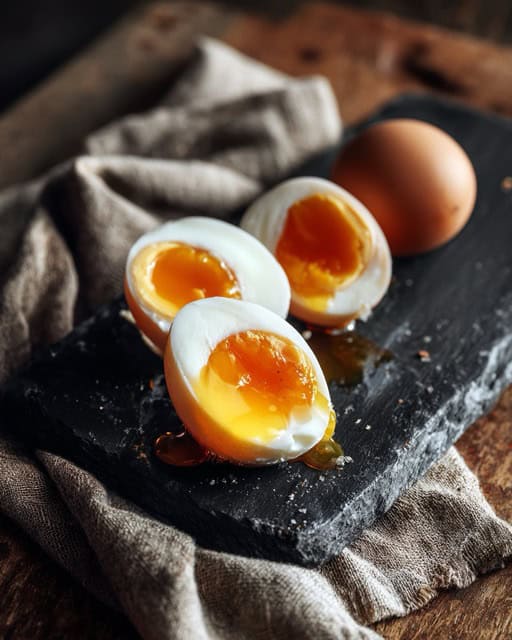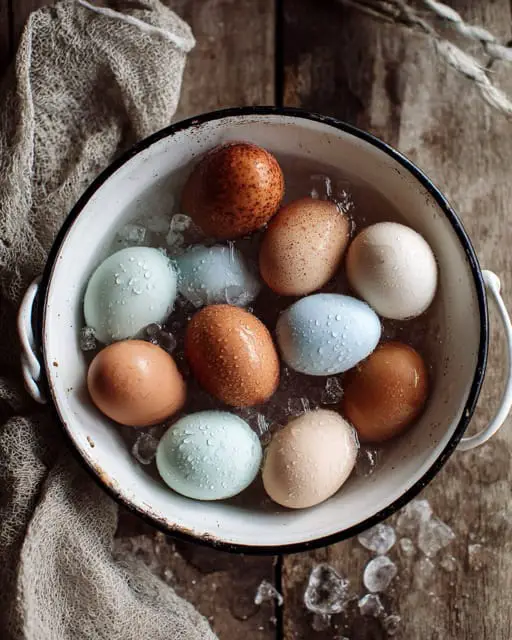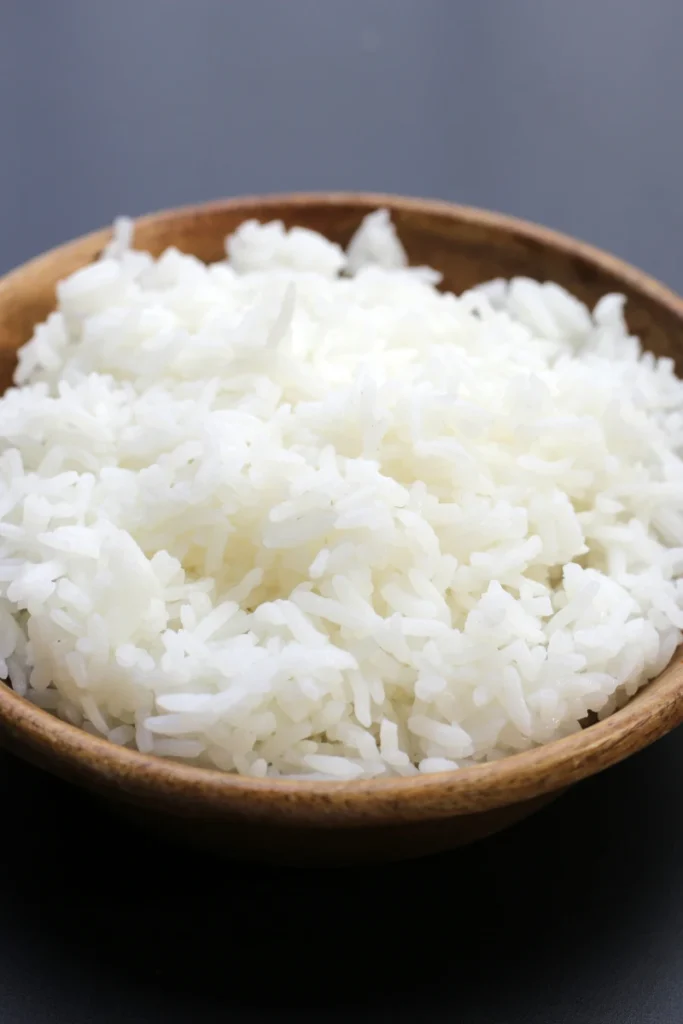Mastering how to boil an egg is a tiny kitchen win that pays dividends all week long, from quick breakfasts to cobb-salad lunches and after-school snacks. Yet the line between a silky soft-boiled yolk and a rubbery hard-boiled one can feel razor-thin. Below, you’ll find clear timing, simple technique, and a few homestead-tested tricks so every batch turns out exactly the way you want it—no guessing, no gray rings.

Why Timing (and Temperature) Matters
Eggs set in stages. As the temperature inside the shell climbs, proteins in the white and yolk firm up at different rates:
| Internal Temp | Texture Change | What You’ll Notice |
|---|---|---|
| ~145 °F | Whites just turn opaque | Spoonable whites, runny yolk |
| ~155 °F | Yolk thickens to jammy | Custardy center, spreadable |
| 160–170 °F | Yolk fully set | Sliceable, bright yellow |
Understanding this helps you hit your target every time rather than “boil and hope.”
Raising your own chickens for eggs? Check out our post on 12 Steps to Raising Happy, Healthy Chickens.
What You’ll Need
- Fresh eggs (backyard or store-bought)
- 2–3 qt saucepan with lid
- Slotted spoon
- Bowl of ice water
Homesteader note: Very fresh eggs are harder to peel. If you collect them the same morning, set a few aside in the fridge for 5–7 days for easy-peel hard-boiled eggs.
Caraway Nonstick Ceramic Sauce Pan with Lid (3 qt) - Non Toxic, PTFE & PFOA Free - Oven Safe & Compatible with All Stovetops (Gas, Electric & Induction) - Sage
Step-by-Step Method
1. Bring Water to a Gentle Boil
Fill the saucepan with enough water to cover the eggs by an inch. Bring to a full rolling boil over medium-high heat, then reduce to a strong simmer (bubbles but not splashing).
2. Lower in the Eggs
Using the slotted spoon, ease the eggs into the water one at a time. Starting with hot water rather than a cold-water rise prevents that chalky green ring around the yolk.
3. Start Your Timer Immediately
| Desired Doneness | Large Eggs | Our Kitchen Note |
|---|---|---|
| Soft-boiled | 6 minutes | Runny yolk, tender white |
| Medium-boiled | 8 minutes | Jammy center, no ooze |
| Hard-boiled | 11 minutes | Fully set, bright yellow |
(For extra-large eggs add 30 seconds; for pullet eggs subtract 30 seconds.)
4. Shock in Ice Water
The instant the timer beeps, transfer eggs to the ice-bath. Leave at least 5 minutes. This halts carry-over cooking and loosens the membrane for easier peeling.

5. Peel or Store
- Soft & medium: Peel right away for best texture.
- Hard: Dry, label, and refrigerate up to one week unpeeled.
Troubleshooting Common Problems
| Problem | Likely Cause | Fix Next Time |
|---|---|---|
| Gray-green ring | Started in cold water or over-cooked | Use hot-start and stick to the timer |
| Hard to peel | Eggs too fresh or cooled too slowly | Use week-old eggs; longer ice bath |
| Rubber whites | Water boiled violently | Keep at a steady simmer, not a rolling boil |
Flavor Upgrades
Once you’ve nailed the basics, try:
- Tea-Stained (Chinese-Style). Crack shells lightly after cooking medium eggs, then simmer in black tea, soy, and star anise for one hour.
- Herb-Salt Rinse. Dip peeled soft eggs in warm brine spiked with dill and cracked pepper.
- Smoked Yolks. Cold-smoke cooked hard yolks for 30 minutes for deviled eggs that vanish fast at potlucks.
Our Homemade Apple Butter makes a great boiled egg topper.
Storing & Reheating at a Glance
| Egg Type | Fridge (Unpeeled) | Fridge (Peeled) | Reheat Without Overcooking |
|---|---|---|---|
| Soft | Best eaten fresh | Not recommended | Dip 1 min in 150 °F water |
| Medium | 4 days | 2 days | Same warm-water dip |
| Hard | 7 days | 4 days | Steam 30 sec, peel after |
Sustainable Shell Uses
Don’t toss those shells—dry and crush them to:
- Feed back to hens for extra calcium
- Top-dress tomato beds to deter cutworms.
- Scrub pots as a gentle abrasive.
How to Boil an Egg
How do I prevent cracked shells?
Lower eggs in gently and avoid rapid boils.
Can I boil eggs in an Instant Pot?
Yes—5-5-5 (5 minutes high pressure, 5 minutes natural release, 5 minutes ice bath) yields medium-boiled.
Are farm-fresh eggs safe soft-boiled?
If your flock is healthy and eggs are collected promptly, the risk is low, but use your best judgment and store below 40 °F.




